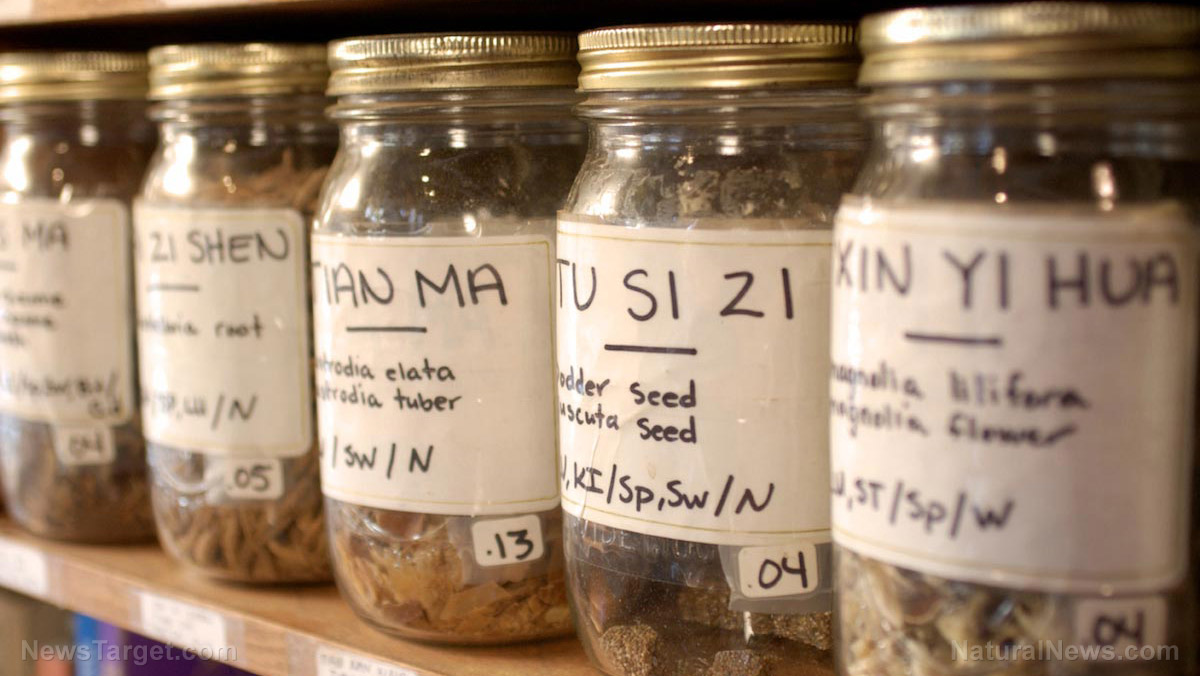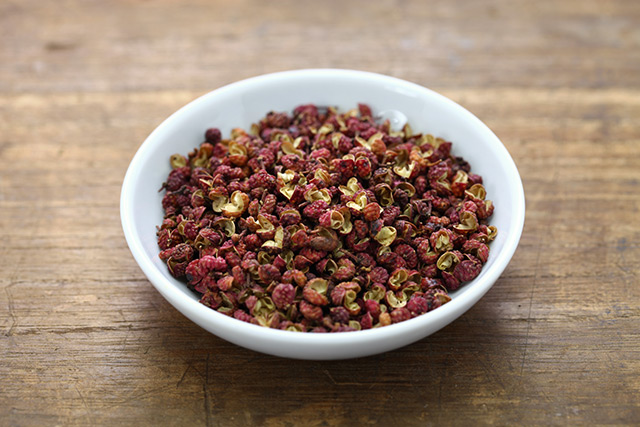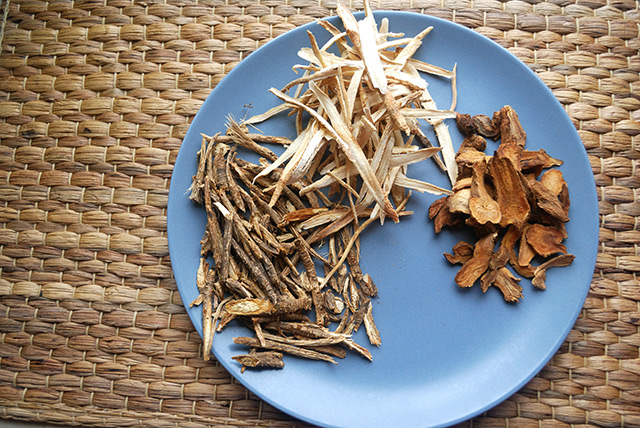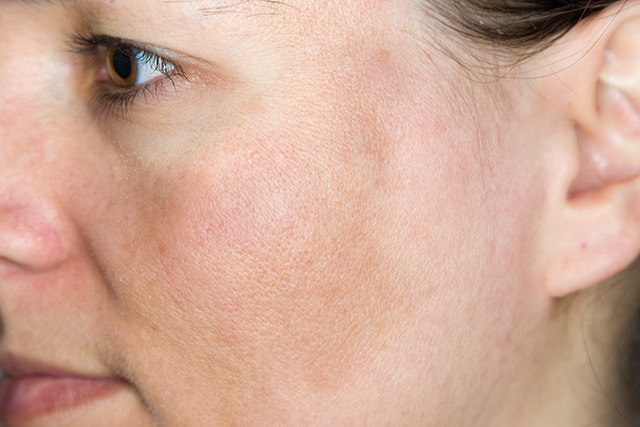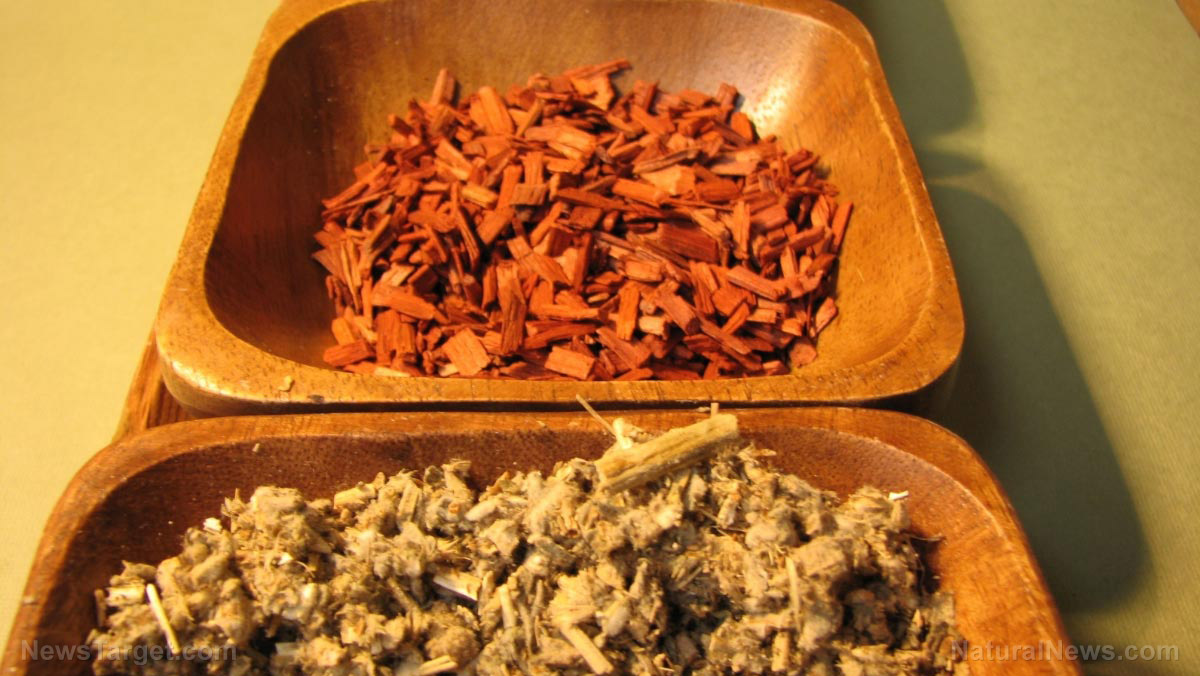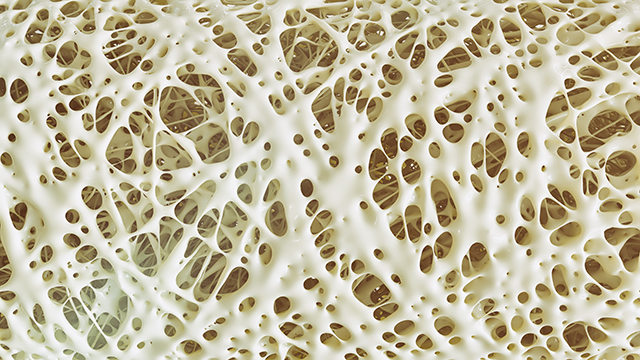Exploring the medicinal value of the Rhus punjabensis
10/12/2018 / By Ellaine Castillo

More traditional medicines are now being backed by scientific proof of their effectiveness. One of these is the Rhus punjabensis, which is a commonly used herb in traditional Chinese medicine. In a study, which was published in BMC Complementary and Alternative Medicine, researchers were able to determine that bioactive compounds present in R. punjabensis can serve different medicinal purposes.
- Members of the Rhus genus have long been used to treat diseases like diarrhea, dysentery, sore throat, eye infections, and liver disease. R. punjabensis, specifically, has been used for treating hepatitis.
- No previous studies have been done to determine if there is a scientific rationale behind the use of R. punjabensis in traditional medicine.
- Extracts for the different tests were derived from R. punjabensis leaves and stems.
- Antioxidant potential of R. punjabensis was evaluated based on free radical scavenging activity, reducing power, and the total phenolic and flavonoid content.
- Aside from antioxidant potential, R. punjabensis was also tested for cytotoxic and antileishmanial activities, as well as antimicrobial activity.
Results of the study show that R. punjabensis has potential antioxidant, anticancer, antileishmanial, and antimicrobial, possibly brought about by the presence of different bioactive compounds in the extracts.
Read the full text of the study at this link.
Learn more about the different medicinal properties of R. punjabensis by visiting ChineseMedicine.news today.
Journal Reference:
Tabassum S, Ahmed M, Mirza B, Naeem M, Zia M, Shanwari ZK, Khan GM. APPRAISAL OF PHYTOCHEMICAL AND IN VITRO BIOLOGICAL ATTRIBUTES OF AN UNEXPLORED FOLKLORE: RHUS PUNJABENSIS STEWART. BMC Complementary and Alternative Medicine. 9 March 2017;17(146). DOI: 10.1186/s12906-017-1659-6
Tagged Under: antibacterial, anticancer, Antifungal, antileishmanial, Antimicrobial, antioxidant, bacteria, Chinese medicine, free radical scavenging, Free radicals, fungus, Rhus punjabensis, traditional Chinese medicine, traditional medicine

